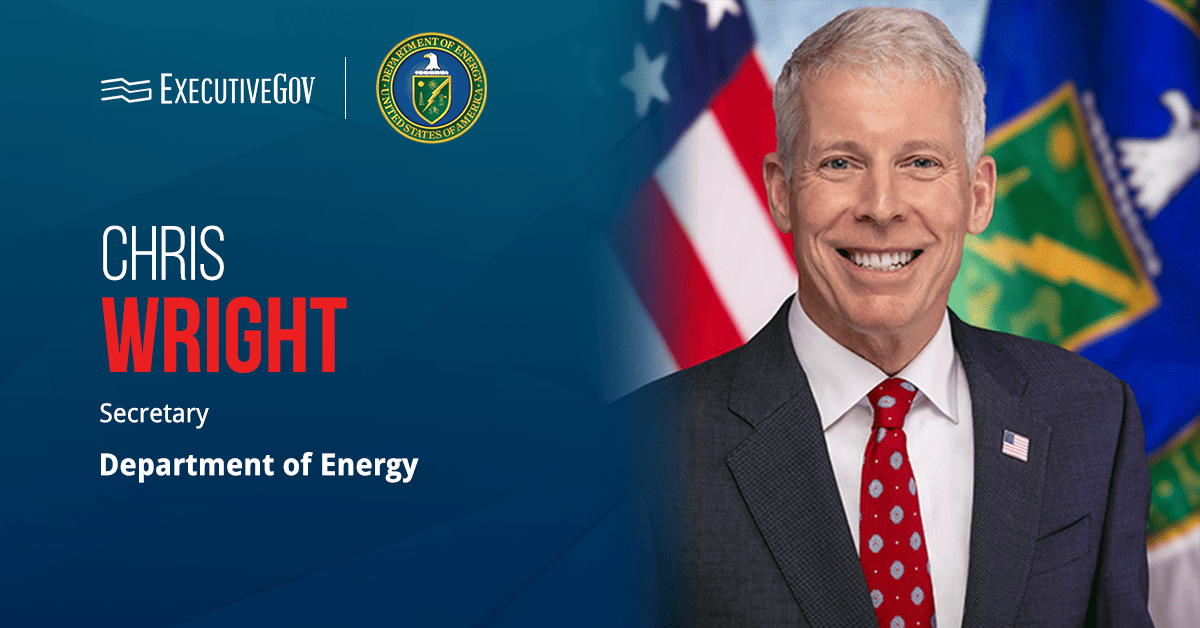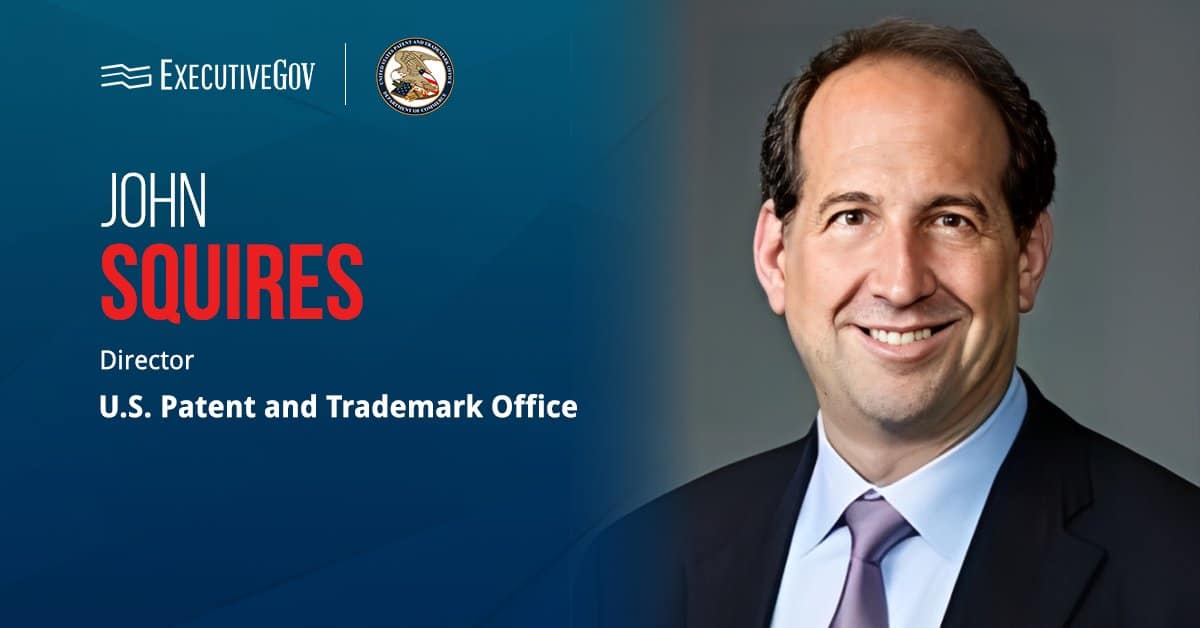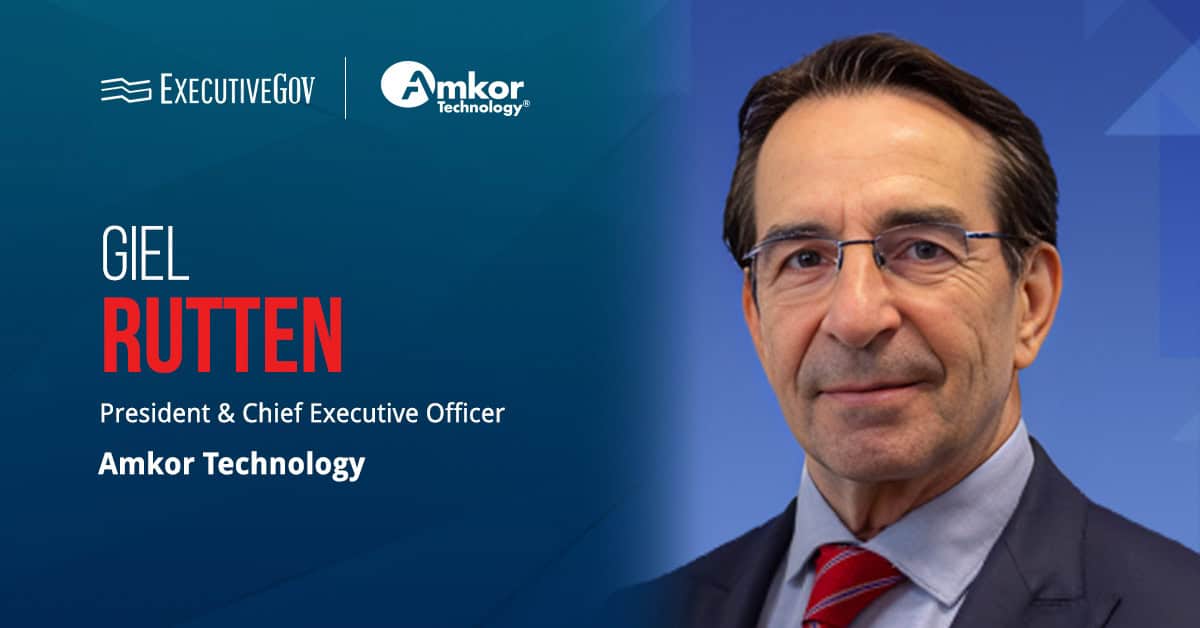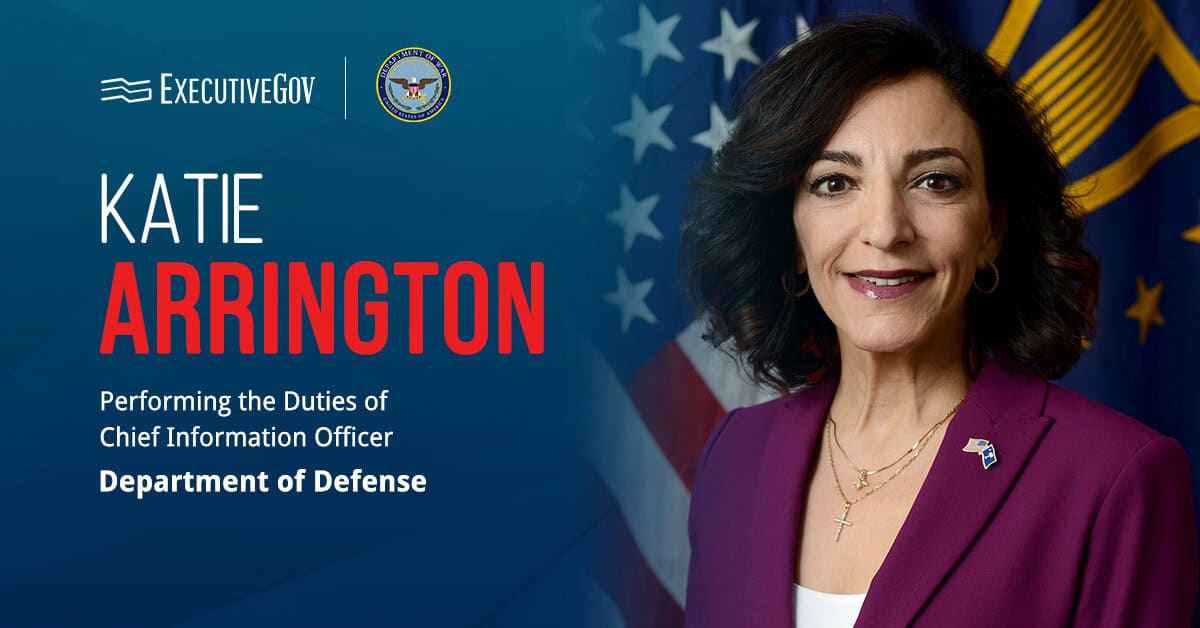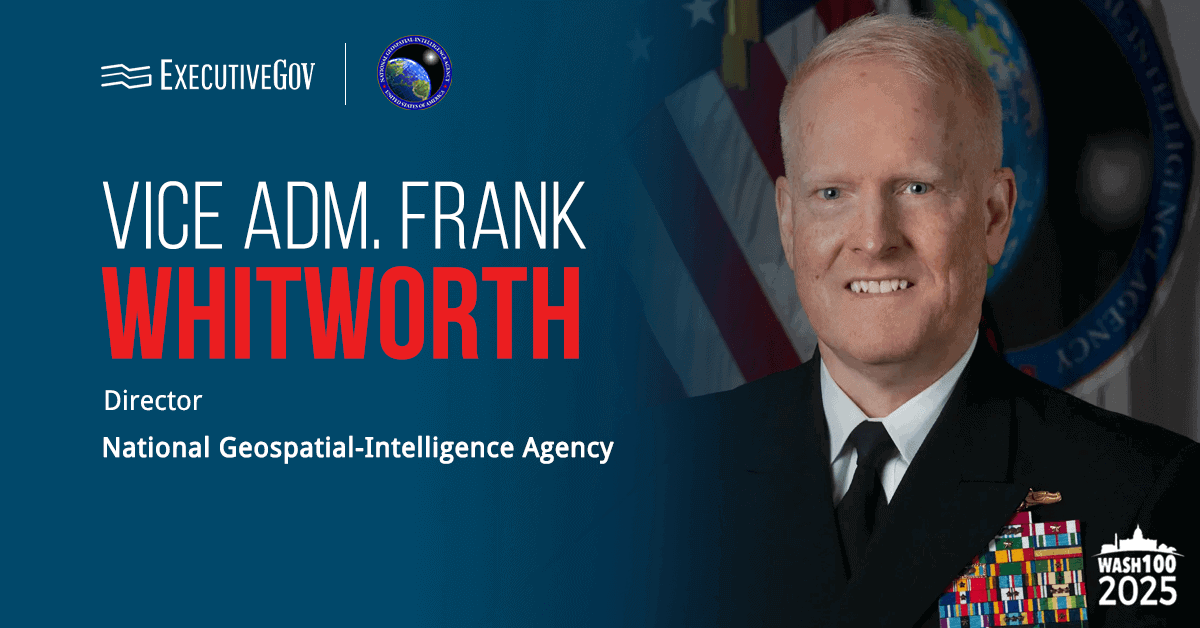The Department of Energy is expanding its investment in fusion power through closer collaboration with private industry and the use of artificial intelligence, Energy Secretary Chris Wright announced Tuesday. Speaking at a
MoreIntelligent Waves and Signify, a company specializing in connected LED lighting, have collaborated to launch IllumiConn, a joint venture designed to advance secure optical wireless communication for defense and government applications. IW said
MoreThe U.S. Patent and Trademark Office has unveiled a test program called ASAP!, short for Artificial Intelligence Search Automated Pilot, aimed at enhancing the quality, speed and efficiency of patent applications. Patent
MoreAmkor Technology has expanded to two phases its Arizona project for a state-of-the-art outsourced semiconductor advanced packaging and test campus. The upgraded plan will increase the project’s total cost by over $5
MoreThe Department of Defense, in collaboration with the National Spectrum Consortium, has launched the Advanced Spectrum Coexistence, or ASC, Demonstration and selected the five initial project teams participating in the initiative. The Office
MoreThe Department of the Air Force has issued a new memorandum that classifies software as a service as a commodity-based subscription service rather than a licensed software asset. In a LinkedIn post,
MoreThe Defense Innovation Unit has selected Anduril Industries and Zone 5 Technologies to develop prototype counter-unmanned aerial systems under the Counter NEXT program. The effort focuses on rapidly prototyping commercially derived interceptors
MoreThe Defense Contract Management Agency has introduced the Special Programs Unmanned Systems-Experimental, or US-X, unit to support the Department of Defense’s “Unleashing U.S. Military Drone Dominance” initiative. Fast-Tracking Blue List Certification The DCMA
MoreThe National Geospatial-Intelligence Agency will begin moving its western campus in the coming winter to a new location in St. Louis, Missouri. According to NGA, the facility is the result of years
MorePresident Donald Trump has signed an executive order approving a proposed deal that would keep video-sharing platform TikTok operational in the U.S. while protecting national security. Engage with U.S. military leaders and
More

